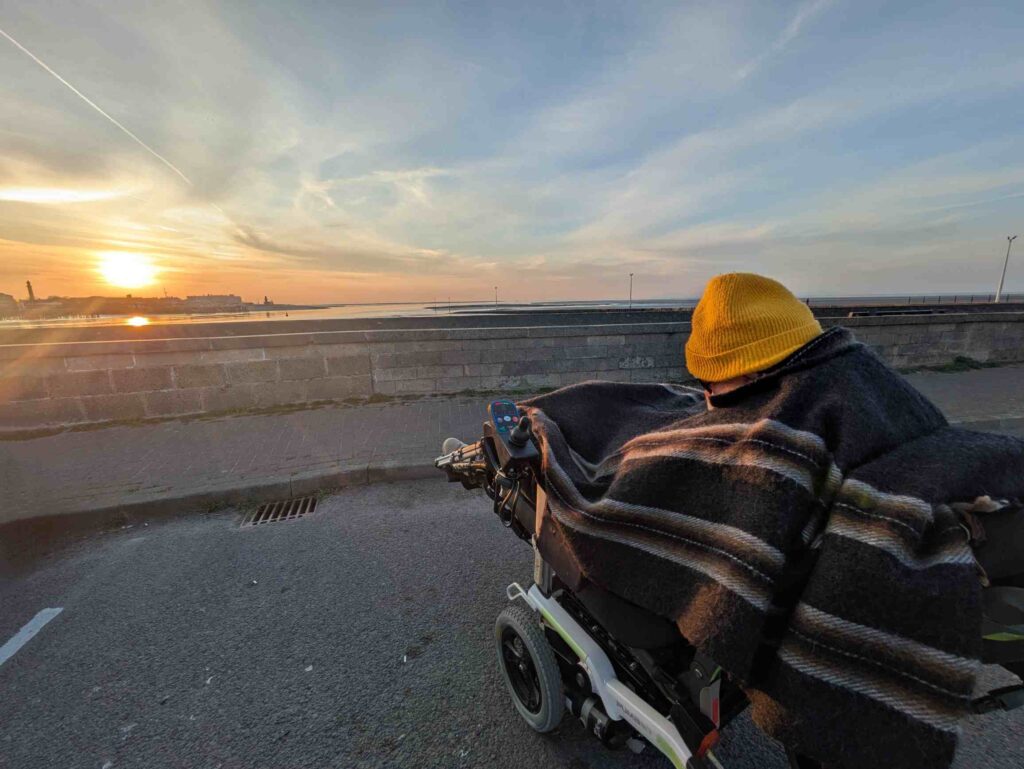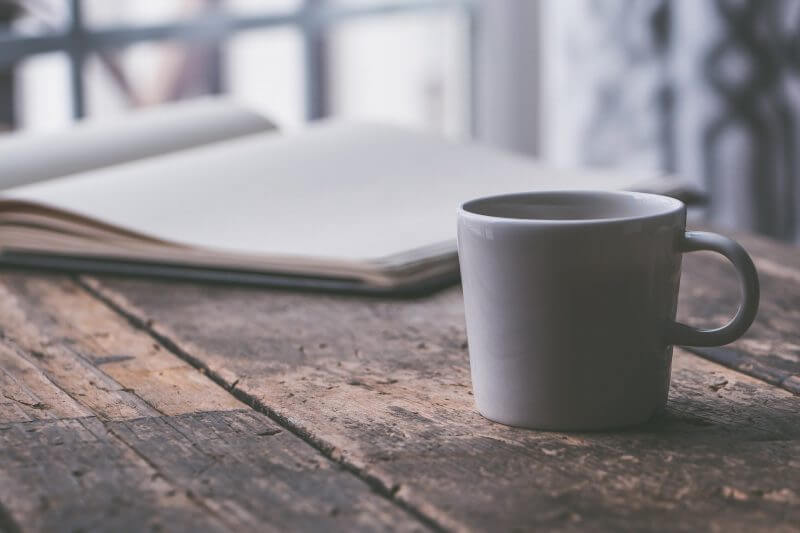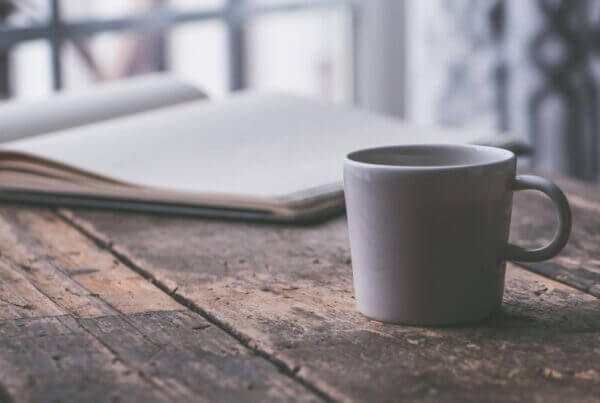My dad has had quite a long and complicated journey with his health for almost half his life. It’s with both a heavy heart, and some relief, to report that he finally, mercifully found peace earlier this week. He lived a very colourful life until M.S. started claiming his health, mobility, sense of inclusion, independence and freedom. Latterly, he succumbed to cancer and related issues.
He affected many people through his teaching, musicianship, writing and travelling; things he threw himself at for several decades before and even during his challenges. He was never one to shy away from “eating a jukebox”, as he would put it (read: do as much as possible while you have the chance).
In our father/son Venn diagram, it’s a funny mix. I feel some things in my bones – for example he lent a flair for language and a love of music – but especially during my long, continuing and even belated maturation, we shared few commonalities. That’s not to denigrate either of us, but more owed to the yawning gap in our respective upbringing, ambitions, education, pressures and interests. Certainly one underpinning of our relationship, especially in the last 10+ years, was a sense of dependence, duty and care.
I’ve born witness to a lot of changes in his physical capabilities, living environment and mental state, going back as far as my memory allows. In one capacity or another, he’s been under my watch since I was a teenager, so much that it’s shaped my stream of conscious thought:
*How’s dad?*
He’s very iffy on his feet now.
He shouldn’t be driving any more – how do we broach it with him?
How should we manage his spirits as he depends more on the wheelchair?
How will he do any exercise now he can’t walk?
*How’s dad?*
We’ve run out of Spironolactone.
He needs to get some fresh air and a change of scene. January’s so long, dark and cold!
Did the community matron visit about the bed sores?
Yep, I’ll cover tonight, you head out for a bit.
Has he had his Gabapentin?
Damn, I forgot to empty his pee bag!
…
*How’s dad?*
…
I’m about to turn 40, and the sudden absence of all that will peel off a big layer of the onion. In my mum’s case, orders of magnitude more so. You lose a big chunk of yourself through widowhood. Now also yank away caring duties that had built over decades, to the point of being endless; it’d be no surprise if she barely knew who she was. One thing that will no doubt feel alien: in her grieving and beyond, she finally comes first. It’s my hope that soon enough, she digests this, welcomes it, and is at ease with it. She’s as close to a true saint as I’ve seen, with invincible, selfless purpose, and deserves a long spell of good fortune.
I also look forward to most family visits not governed by such a sense of obligation. I gave a fair amount of energy and time over the years to my dad’s welfare (while, for the main part, mismanaging my own life with ASD). This doesn’t feel like a “normal” passing, whatever that is.
Dad’s M.S. did slowly and naturally make him more egoistical as time passed. With four walls closing in on him, and a new personal test around every corner, how could it not? The lenses are so easily fogged up by all things caregiving; I was his son, too. He was a gifted, thoughtful man, with strong principles, a protective nature and a razor sharp wit, all such fond memories at risk of being occluded by more recent stressors.
It’s been a trial, a delight, a bore, an inconvenience, an honour, a robbery, a creative challenge, an abject misery and a privilege. And make no mistake, I’ve not been seen within a mile of my mum’s unwavering, upstanding presence. My time as a far more “fairweather” carer than her and my physiotherapist sister has been peppered with a good deal of bottled resentfulness, and some very selfish thoughts.
Despite this, caregiving has also unravelled quite a lengthy and profound meditation on the patterns of life itself, through which I’m not necessarily richer, but maybe a little more fortified.
There’s been no good or bad about my place in it. To boot, if I’ve unearthed any virtues or strengths, they’re due no more credit than any of my sins or weaknesses absolution. The best caregivers I’ve seen over the years, especially, will “chop wood and carry water”. As unsung as they are self-denying, they are a dependant’s witness in the world, and one to life at large unfolding; a visitor, with a short amount of time to exercise straightforward, good intention, regardless of how challenging the role.
This humble paradigm was only fully clear to me once my dad’s journey came to an end, as the froth and friction of competing demands, desires and schedules melted away. I have to keep a watchful eye on my compliant nature, and tendency to conceal my own needs and preferences. However, if I’m drawn to the responsibility again, I’d still actively look to finesse my attitude and behaviour a little more, and not dwell on the aforementioned “scale” of feelings as I have experienced.
After all, it’s dad, of course, who withstood all the unfathomable misfortune. He was subjected to the countless hospital visits, home visits, intubations, injections, invasions of privacy, modesty, body, and more besides, in the hapless shadow of tedium, suffering and physical decline, and all with minimum complaint. Some images I’ll find a little hard to shake off, and my heart bled for him when his only expressions of discomfort were noises I’d gladly never hear again. Those were the rare siren sounds of a baked-in will to survive, jockeying with a mounting contempt for the range of necessary, often clumsy or even distressing solutions that allow it. Those who know such grief are forever in my thoughts.
Dad admired his father-in-law for many reasons, not least for what he believed was a very thoughtful final gesture. During his fatal heart attack, he struggled upstairs to collapse on his bed, presumably so that his wife didn’t witness it. “I can’t think of anything more selfless than that.”
Dad, by contrast, saw himself as undignified in his state of disablement and constant need – something with which I vigorously disagree. To me, it shouldn’t hinge on the outward presentation and sense of powerlessness that troubled him. There is an immense dignity in managing one’s suffering, however one believes is best, and real courage in asking for help. We’re all better off for giving it, and accepting it.
There was a lot of uncertainty in the final few weeks. For many years, in all my ignorance of the real workings of his consecutive illnesses, I’d braced myself to make, or receive, the unexpected phone call that starts with “are you sitting down?” The reality was nothing as I’d imagined; how rarely things work out that way.
When you know you don’t know something, you start paying attention. When you think you know, you stop. That’s exactly when something is taken away long before you’re ready. In witnessing the unpredictable guts of his journey, I really got to pay attention – a strange privilege.
I’m very proud of my dad. As walled off as we’d often been towards each other, I made sure I took the chance to tell him this while he could still understand, if not respond. For that, I’m a very fortunate son.






Recent Comments